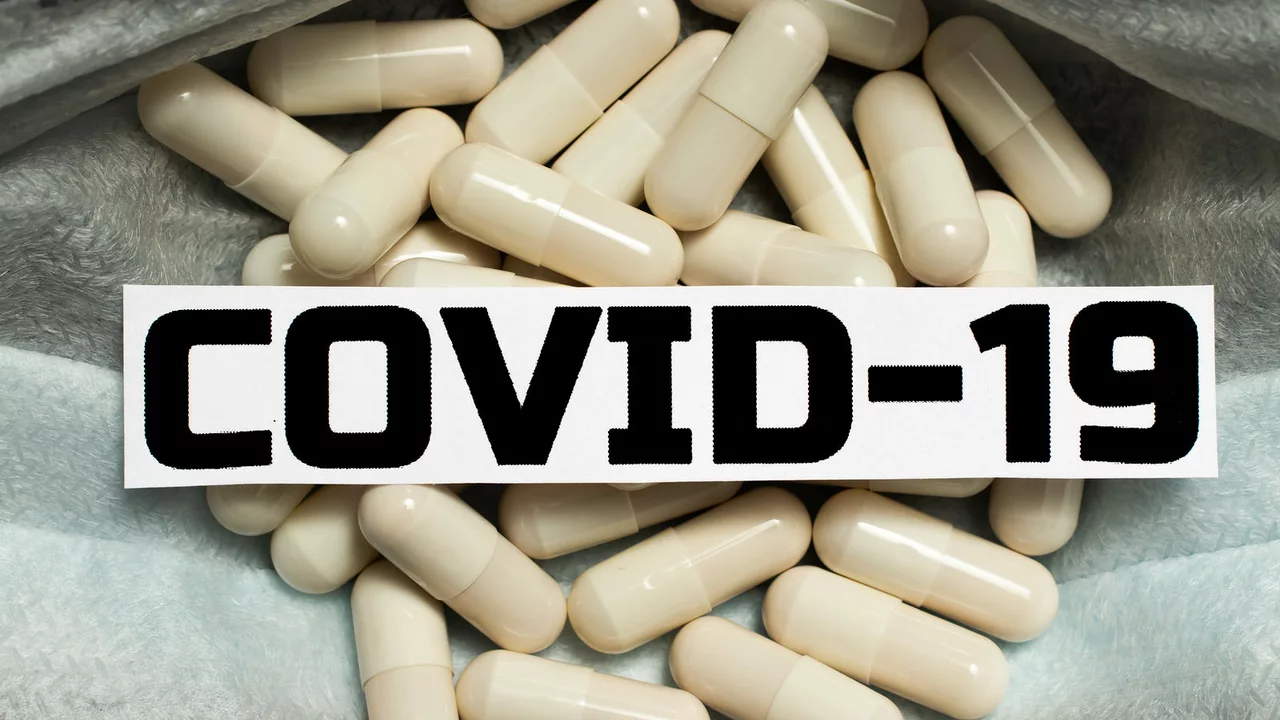COVID-19: Practical steps for symptoms, testing, vaccines and medicines
COVID-19 still affects daily life. You don't need complicated advice — you need clear actions. Read this for quick, useful steps: how to spot infection, when to test, what treatments to ask about, and how to safely buy medication online.
Spot symptoms and act fast
Common symptoms are fever, cough, sore throat, runny nose, muscle aches, fatigue, and loss of taste or smell. Symptoms can show up 2–14 days after exposure. If you have mild symptoms, treat them like a bad cold at first: rest, stay hydrated, use fever reducers such as acetaminophen or ibuprofen, and avoid exposing others. If you have trouble breathing, chest pain, sudden confusion, or bluish lips/face, seek emergency care immediately.
When to test and what type to use
Use an antigen (rapid) test for quick answers at home — they work best when you have symptoms or were recently exposed. If a rapid test is negative but you still feel sick, repeat it 24–48 hours later or use a PCR test for higher accuracy. PCR tests take longer but are more sensitive. Test right away if symptoms start, and again 3–5 days after exposure even if asymptomatic, especially if you live with high-risk people.
If you test positive, stay home and away from others. Isolate for at least 5 days from symptom start (or from test if asymptomatic). After 5 days, if you’re fever-free for 24 hours and symptoms are improving, you can end strict isolation but wear a well-fitting mask around others through day 10. If you still have a fever or severe symptoms, continue isolation and get medical advice.
Treatments for COVID-19 work best when started early. Antiviral pills like nirmatrelvir/ritonavir (Paxlovid) are prescribed for people at higher risk of severe disease and usually must be started within five days of symptom onset. Molnupiravir and outpatient IV remdesivir are other options in certain cases. Talk to your clinician quickly after a positive test to see if you qualify. Note: Paxlovid can interact with many common medications, so bring a current med list to your appointment.
Vaccination still lowers your risk of severe illness. Keep your vaccines up to date with the latest recommended booster for your age and health group. Boosters reduce hospitalizations and death, especially for older adults and those with chronic conditions.
Buying meds online? Use pharmacies that require a prescription, show clear contact info, and are licensed where they operate. Avoid sites offering prescription drugs without asking for a prescription. At RedBoxRX, we cover how to vet online pharmacies, spot scams, and find reliable suppliers so you get the right medicine safely.
If you have specific health issues or take multiple drugs, check with your doctor before using antivirals or changing treatments. Quick testing, early treatment if eligible, and staying current on vaccines are the simplest, most effective steps you can take right now.

 Jul, 26 2023
Jul, 26 2023